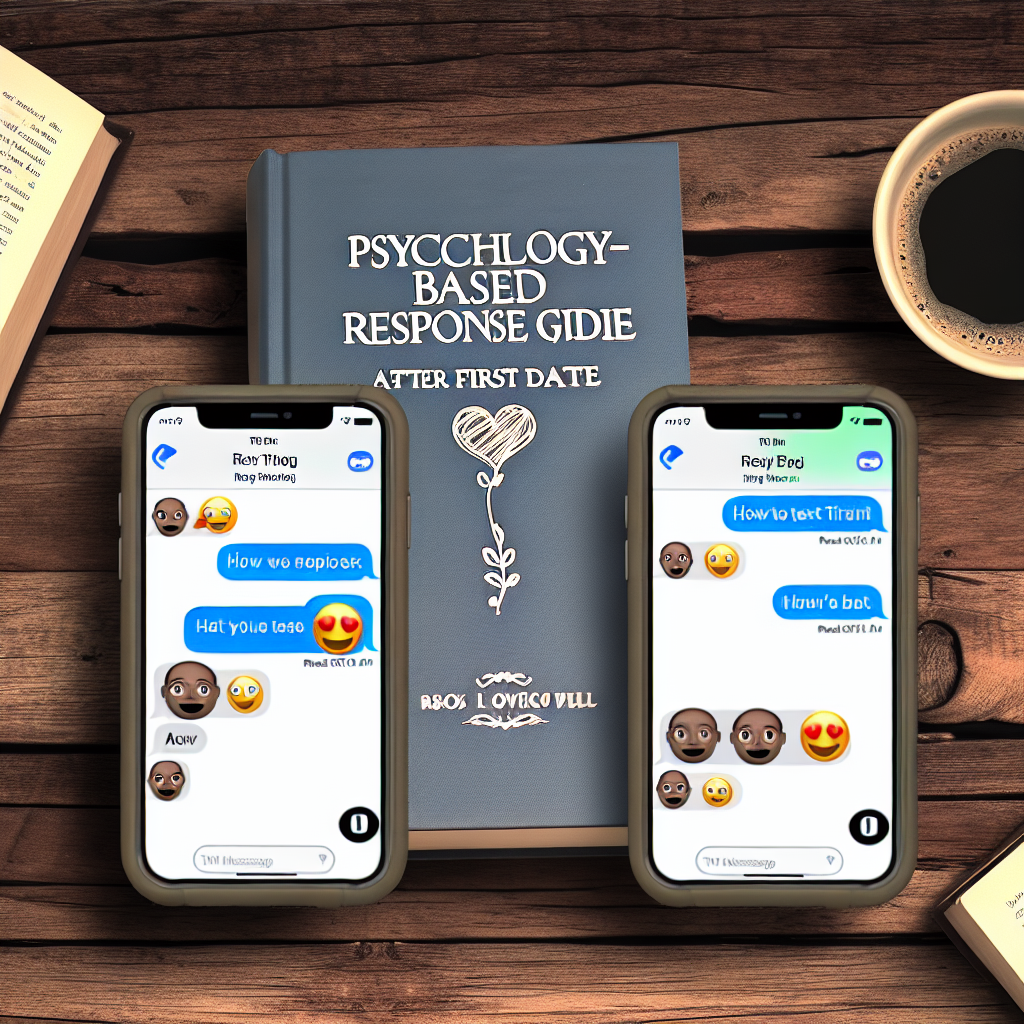# Dating After Narcissistic Abuse: Healing and Trust Rebuild
Introduction: From Emotional Scars to Emotional Freedom
Rebuilding your life after surviving narcissistic abuse is a journey that demands resilience, self-discovery, and emotional reintegration. For many individuals, the idea of dating again after enduring a toxic relationship can feel daunting and even unsafe. Narcissistic abuse isn’t just heartbreak or incompatibility—it’s a form of psychological manipulation and emotional trauma that systematically chips away at self-esteem and personal boundaries.
For survivors, the emotional scars can continue to linger in subtle, insidious ways: self-doubt, fear of intimacy, or an internalized belief that they don’t deserve a healthy relationship. Dating again requires us to confront those fears and recognize that the dynamics of narcissistic relationships are not a reflection of our unworthiness, but of the abuser’s deep-rooted dysfunction. Whether you’re in your 20s navigating modern dating apps or in your 60s exploring companionship after a long-term toxic marriage, healing is possible—and so is finding true intimacy.
The Hidden Psychological Toll of Narcissistic Abuse
The psychological effects of narcissistic abuse are gaining increasing recognition among mental health professionals due to growing awareness of emotional abuse. Studies have shown that victims of narcissistic abuse can experience symptoms similar to Complex PTSD (C-PTSD), including emotional dysregulation, hypervigilance, and difficulties in trusting others.
According to research published in the Journal of Aggression, Maltreatment & Trauma (Wolfe, 2016), survivors often endure long-term psychological harm that requires targeted therapeutic strategies for recovery.
Powerful Therapies to Support Your Recovery
Experts emphasize the importance of trauma-informed therapy as one of the most effective routes for rebuilding confidence and emotional stability. Practices such as:
– EMDR (Eye Movement Desensitization and Reprocessing)
– Cognitive Behavioral Therapy (CBT)
– Somatic Therapy
These therapeutic modalities have demonstrated positive results in addressing the deeply embedded wounds caused by narcissistic relationships.
A study by Sandra L. Brown, M.A., author of Women Who Love Psychopaths, outlines how survivors of narcissistic or pathological relationships display specific psychological profiles post-abuse—often characterized by hyper-analytical thinking, emotional dissociation, and a heightened fear of romantic entanglement.
From Isolation to Connection: Building a Safe Support Network
Healing is possible. A 2020 study published in Psychology Today emphasizes that emotional healing and the ability to trust again are restored when survivors engage in:
– Self-validating practices
– Gradual reengagement with emotionally safe people
Building a support system, learning to identify red flags early, and developing healthy communication styles are pivotal. Therapists often recommend group therapy or support forums where survivors share stories, empower each other, and rewrite their personal narratives.
Rewiring Relationship Patterns with Attachment Theory
Tools like attachment theory also help survivors understand their emotional triggers and patterns. Gaining insight into your own attachment style—whether anxious, avoidant, or secure—can significantly improve your ability to identify and attract healthier, non-toxic relationships.
Understanding what drives your emotional connections helps rewire your brain for trust and stability, rather than repeating destructive cycles.
No Matter Your Age: Your Trauma Doesn’t Define Your Destiny
Whether you’re dating in your 20s or seeking love after divorce in your 50s or 60s, the takeaway is clear: your trauma does not define your capacity for love. It simply requires the right conditions to heal.
With guidance, reflection, and the right companions—friends, therapists, or support groups—you can regain your sense of self and move forward with clarity and hope.
Conclusion: Opening Your Heart to Love Again
Dating after narcissistic abuse is not only possible—it’s an opportunity to rediscover yourself and create a more empowered, joyful version of love. With patience, therapeutic support, self-compassion, and clear boundaries, you can reclaim your confidence and learn to love again, without fear.
Healing may not be linear, but every step forward brings you closer to the soul-nourishing, emotionally safe connection you deserve.
—
**Summary:**
Rebuilding your life after narcissistic abuse requires resilience, self-discovery, and emotional reintegration. Survivors may face lingering self-doubt, fear of intimacy, and a belief they don’t deserve healthy relationships. However, with the right tools and support, healing is possible. Trauma-informed therapies, building a safe support network, and understanding attachment styles can help rewire relationship patterns and open the heart to love again, regardless of age.
**References:**
– Wolfe, T. (2016). Emotional Abuse and the Damage It Causes. *Journal of Aggression, Maltreatment & Trauma*. https://www.tandfonline.com/doi/abs/10.1080/10926771.2016.1159093
– Brown, S. L. (2010). Women Who Love Psychopaths. https://www.saferelationshipsmagazine.com/dr-sandra-brown-women-who-love-psychopaths
– Psychology Today. Rebuilding After Narcissistic Abuse: A Healing Approach. https://www.psychologytoday.com/us/blog/the-legacy-distorted-love/202010/you-can-heal-after-narcissistic-abuse

Dominic E. is a passionate filmmaker navigating the exciting intersection of art and science. By day, he delves into the complexities of the human body as a full-time medical writer, meticulously translating intricate medical concepts into accessible and engaging narratives. By night, he explores the boundless realm of cinematic storytelling, crafting narratives that evoke emotion and challenge perspectives. Film Student and Full-time Medical Writer for ContentVendor.com




